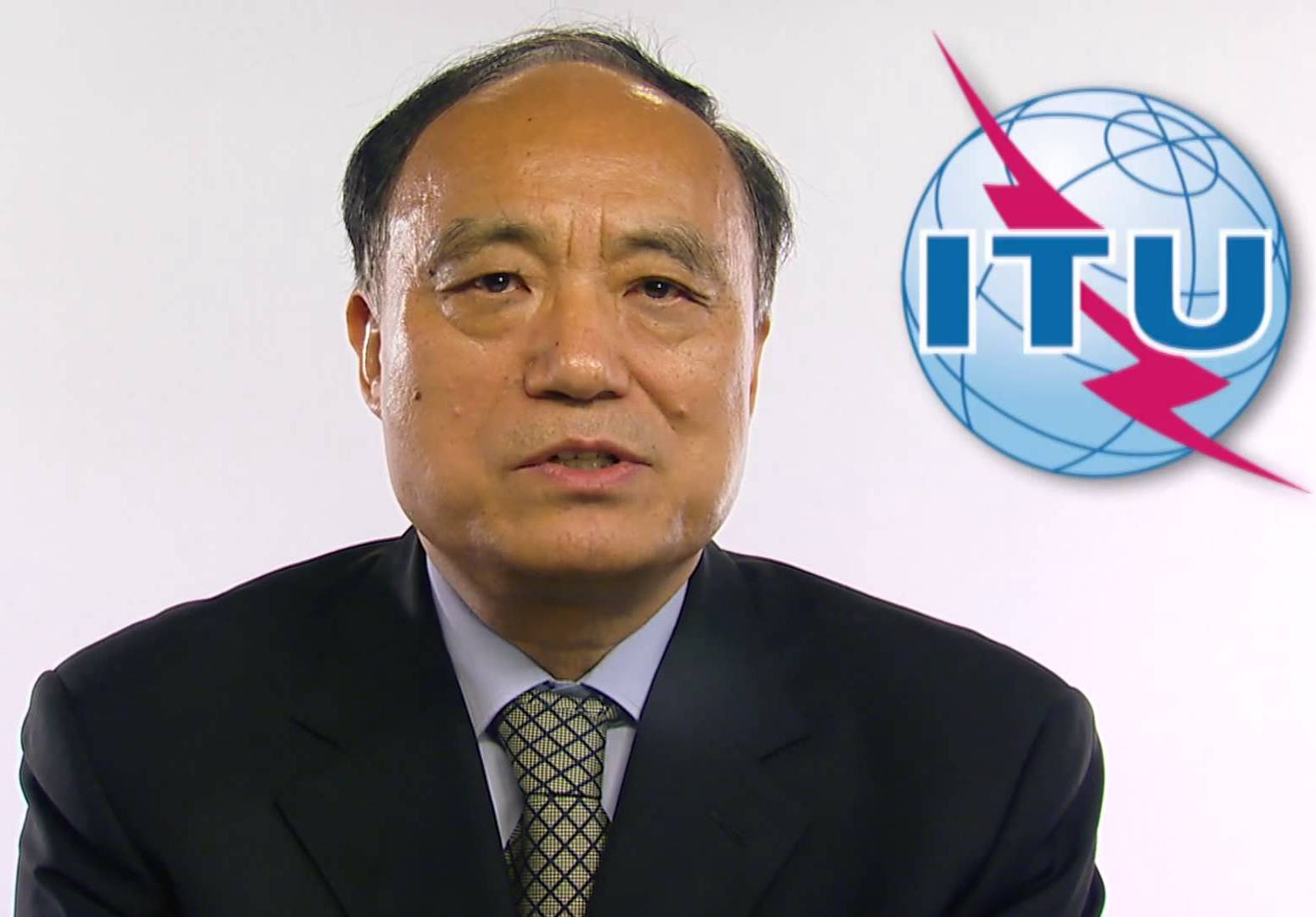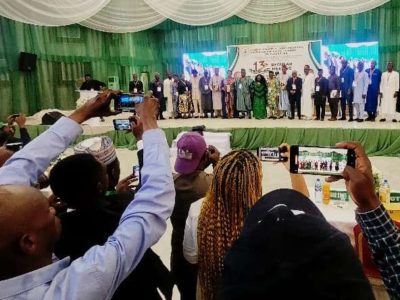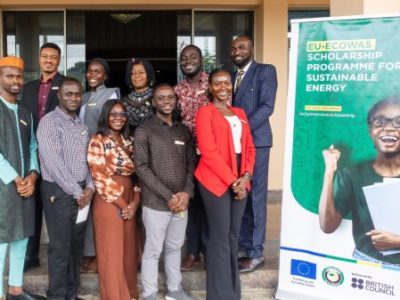By Oluwatobi Opusunju
The United Nations has urged African governments to deepen broadband penetration in their various countries as a way of bringing about development towards the 2030 Agenda for Sustainable Development. Already, Nigeria’s broadband penetration is put at 20 percent while the government is working towards achieving 30% broadband penetration by 2018.
This was made known during the 2017 Spring Meeting in Hong Kong, China, where the Broadband Commission for Sustainable Development, a body under the United Nations, stressed that currently, about five billion people are without mobile broadband access, a number which represent the majority of people in the rural communities.
The Co-Chair of the Broadband Commission, President Paul Kagame of Rwanda, while speaking highlighted that ICT being a catalyst for making economies and societies better is a motivating force to the commission in wanting to have the global community connected.
“ICT and broadband are linking everyone and everything for the betterment of economies and societies. We are motivated by wanting to have the global community connected, especially the billions of unconnected. We will succeed when we work together: government, industry and civil society leaders,” he said.
Also speaking, the Secretary-General of International Telecommunications Union (ITU) and Co-Vice Chair of the Broadband Commission, Houlin Zhao, said that government needs to create an enabling environment for the growth of broadband as the achievement of SDGs lies on broadband penetration and ICT.
“Our central conviction is that broadband and ICTs are critical if we are to achieve the Sustainable Development Goals. ICTs underpin vital achievements and modern services in many sectors, and governments and industry must increasingly work together to create the conditions so badly needed to facilitate the growth of broadband for sustainable development,” he said.





























